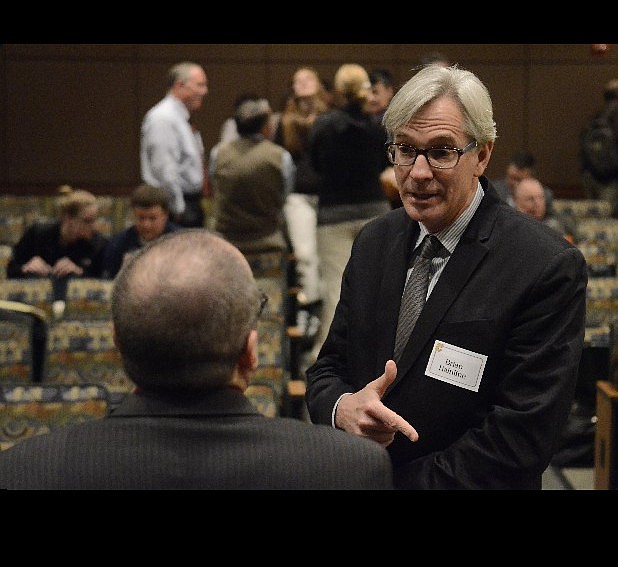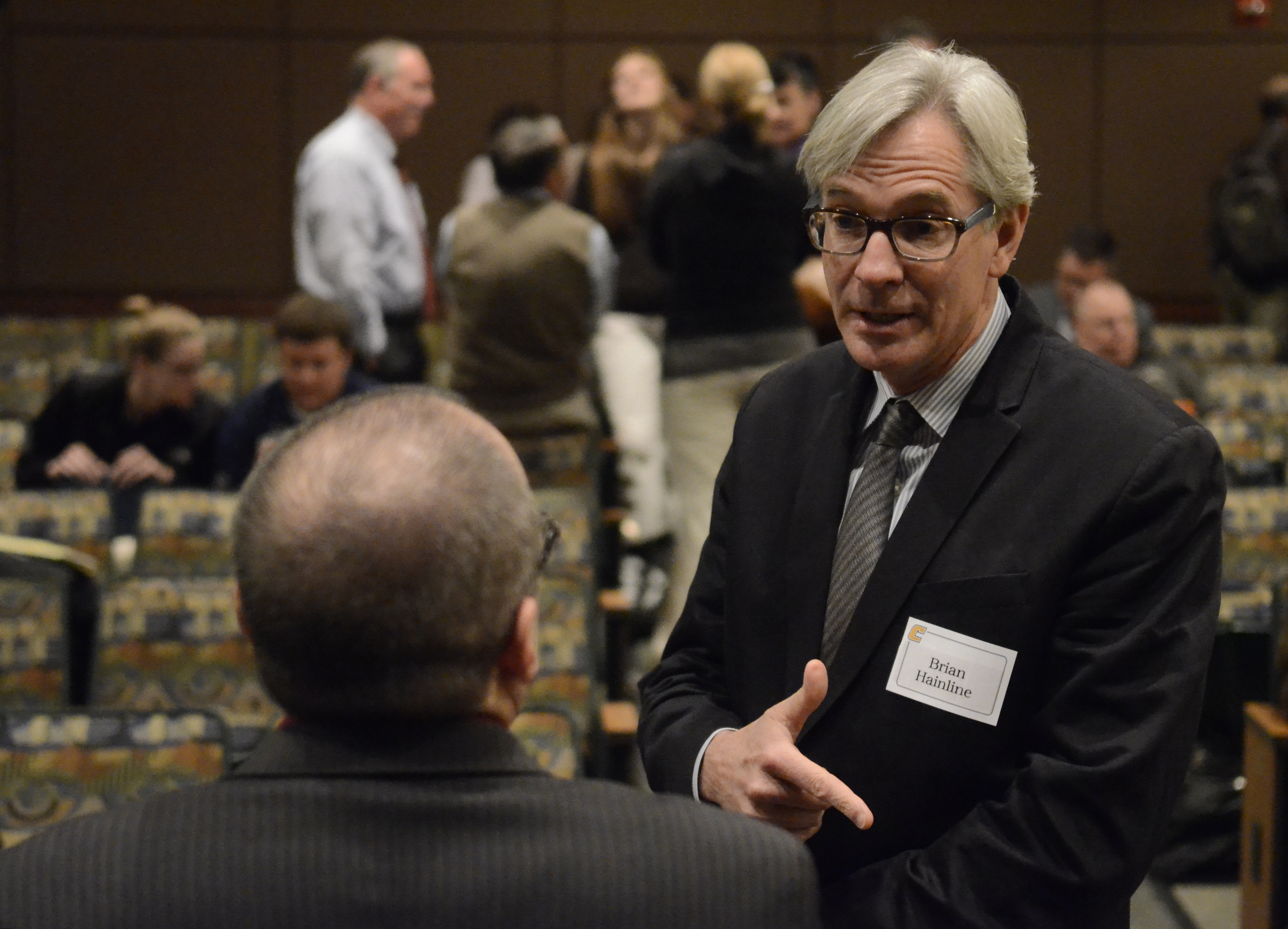When Ron Courson entered the field of athletic training close to 25 years ago at Samford University in Birmingham, Ala., he and one other trainer patrolled the entire athletic department.
Today, his staff at the University of Georgia, where he works as the director of sports medicine, has 26 clinical athletic trainers and six athletic trainer educators.
Awareness of the physical dangers associated with sports is growing and has brought changes to some of the nation's most recognizable playing fields in the NFL, MLB and NCAA.
But what about at home, on fields in the community, where kids -- and their parents -- decide to devote a chunk of their lives to sports? Resources are often limited, and not all school athletic programs can find or afford a properly trained medical professional to patrol the sidelines and react quickly when a player is hurt.
These issues and others surrounding safety in sports brought Courson; Dr. Brian Hainline, the chief medical officer of the NCAA, and other sports safety experts like Brooke de Lench to the University of Tennessee at Chattanooga campus Tuesday and Wednesday for the Youth Sports Safety Summit.
De Lench, executive director of the Boston-based MomsTEAM Institute, said Chattanooga is set to be one of 10 cities in the Smart Teams pilot program launching this year.
"I think the graduate athletic training program here [at UTC] is one of the finest in the country and I want to be working with them," de Lench said. "So I want to use them as one of our pilot universities to help us with best practices."
The Smart Teams initiative will work with youth teams and leagues and their participants on the pre-high school level to use the tactics MomsTEAM recently implemented at an Oklahoma high school to reduce the number of football concussions during a season.
"You take all of the knowledge that's coming out of the universities, all of the great studies, and you transfer it down into the grassroots level," de Lench said. "At the end of the year we want to be able to point to Chattanooga and say, 'That is one of the top 10 communities in the entire nation because they went through the Smart Team program."
On the collegiate level, Courson and Hainline discussed the challenges still facing NCAA sports. Among them is the need of athletic trainers to eliminate conflicts of interest in the ever-competitive environment of college sports. Courson is friends with Georgia head football coach Mark Richt and works with Georgia players. But he does not report to Richt.
"If I'm employed by Mark and he's my direct supervisor, am I going to make the decision that's best for the student-athlete?" he asked. "We've got to avoid those conflicts of interest."
Contact staff writer David Cobb at dcobb@timesfreepress.com or 423-757-6731.

